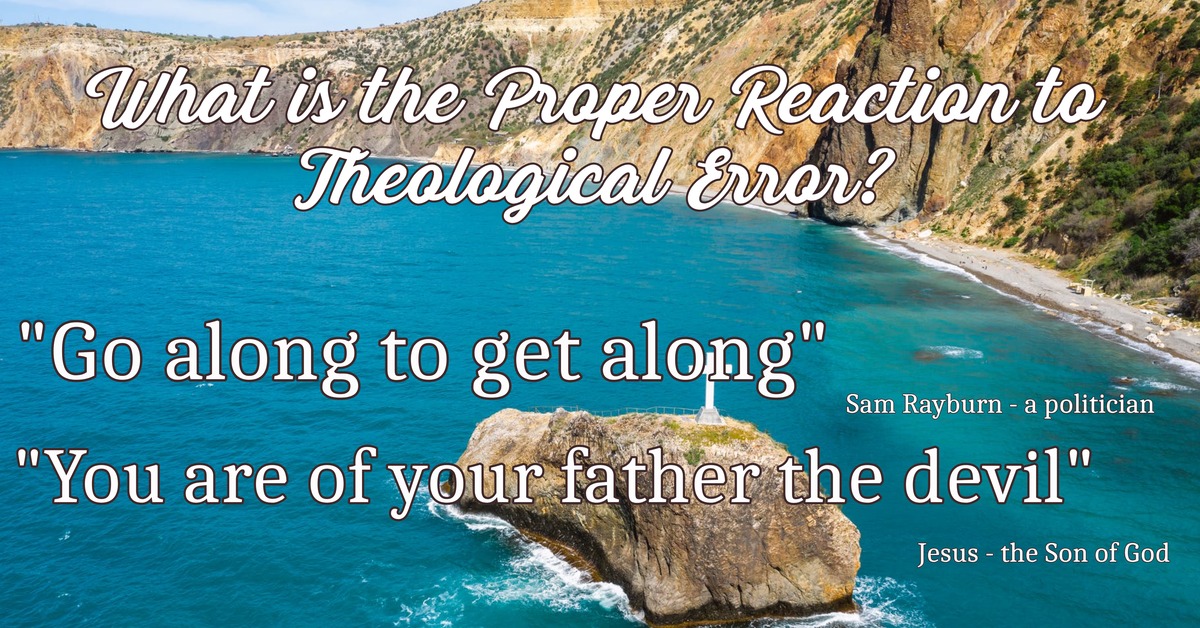He went on from there and entered their synagogue. And a man was there with a withered hand. And they asked him, “Is it lawful to heal on the Sabbath?”—so that they might accuse him. He said to them, “Which one of you who has a sheep, if it falls into a pit on the Sabbath, will not take hold of it and lift it out? Of how much more value is a man than a sheep! So it is lawful to do good on the Sabbath.” Then he said to the man, “Stretch out your hand.” And the man stretched it out, and it was restored, healthy like the other. But the Pharisees went out and conspired against him, how to destroy him.
Understanding And Applying the Text
This story has the same theme as the one in the preceding passage. That is, Jesus is the Lord of the Sabbath. Keeping the Sabbath is not done by following a list of dos and don’ts.
We also see the hypocrisy of men. We tend to rely on external signs. We tend towards thinking our actions cause our righteousness. The passage screams the hypocrisy of the Pharisees. They were willing to help animals in distress. But they forbid helping man on the Sabbath. If a man fell in a pit on the Sabbath, they would tell him to wait until tomorrow to get pulled out. But if a sheep fell into a pit they would pull it out.
Jesus could have said, “Come see me tomorrow and I’ll heal you.” The man had waited this long what was one more day? Waiting until the next day would have calmed the Pharisees. The man would have been healed. It was the Sabbath and wasn’t supposed to use the hand that day anyway. What difference would less than 24 hours be? But Jesus did not wait. He healed the man on the Sabbath. It looks like Jesus was itching for a fight.
Well, yes he was. When He found error He confronted it. Jesus was not about everyone getting along. Jesus was not about keeping the peace. (Mathew 10:34) Jesus did not try to avoid controversy. He ran headfirst into it.
There was no command that prevented healing on the Sabbath. It is always lawful to do good. Jesus did not overturn keeping the Sabbath. He did not come to destroy the law, but to fulfill it. (Matthew 5:17)
The Pharisees set one part of scripture against another. They forbid doing good on the Sabbath. They valued their superstitious belief over doing good. Rather than resting in God, they rested physically. Of course, that was unless their financial situation was at risk. They could not lose a valuable animal.
Mark and Luke tell us the Pharisees watched waiting to accuse. But Matthew lets us know this was not a passive act. They questioned Jesus as well.
Jesus’ response is both interesting and convicting. Besides using the example of a sheep falling into a pit, He asks, “Is it lawful to do good on the Sabbath.” John Calvin has an interesting take on this.
“…there is little difference between manslaughter and the conduct of him who does not concern himself about relieving a person in distress. So then Christ indirectly charges them with endeavoring, under the pretense of a holy act, to compel him to do evil; for sin is committed, as we have already said, not only by him who does any thing contrary to the Law, but also by him who neglects his duty.”
John Calvin Commentary On the Harmony of the Evangelists, Matthew, Mark, and Luke
Jesus healed the man and the Pharisees conspired against Him. It was like they did not hear a word Jesus said. Jesus showed the Law allowed healing on the Sabbath. He used the law to show they misunderstood keeping the Sabbath. But they did not have ears to hear.
We can preach the Gospel and still have it ignored. Unless God intervenes and gives men ears to hear no one will turn to God.


Leave a Reply